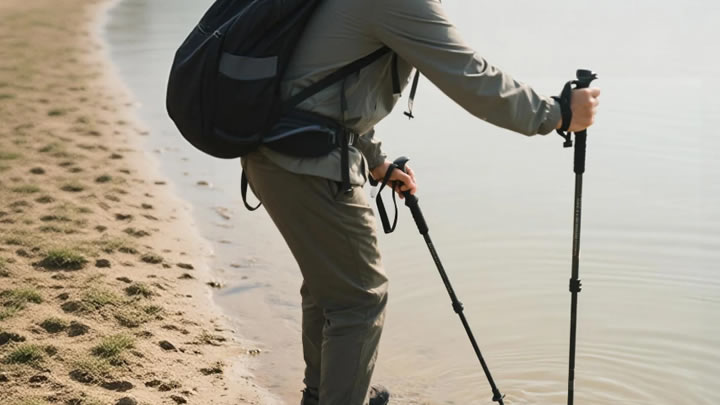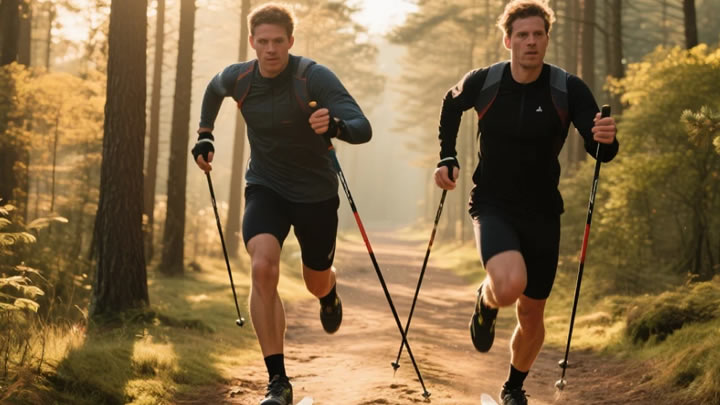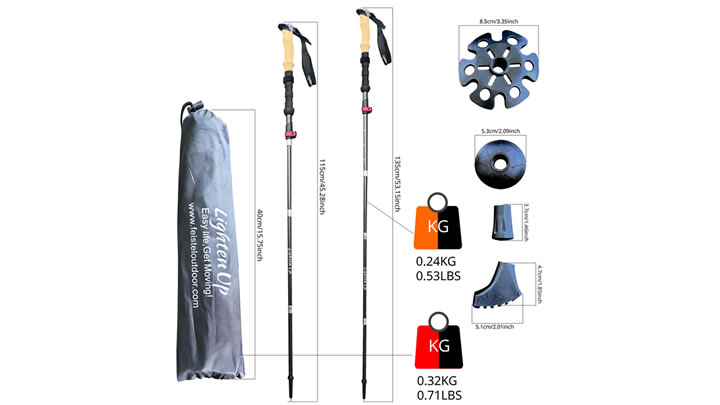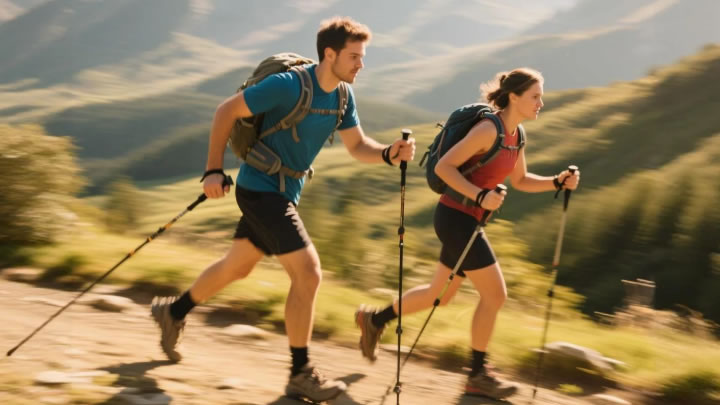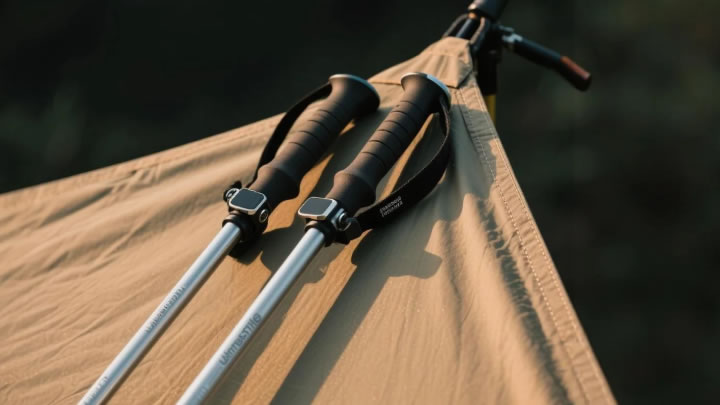Small Carabiner with Compass: Your Essential Backup Navigation Tool
When your GPS fails or phone dies in the backcountry, a small carabiner with integrated compass becomes your lifeline. This unassuming dual-purpose tool bridges survival preparedness and everyday convenience, offering critical directional awareness when technology betrays you.
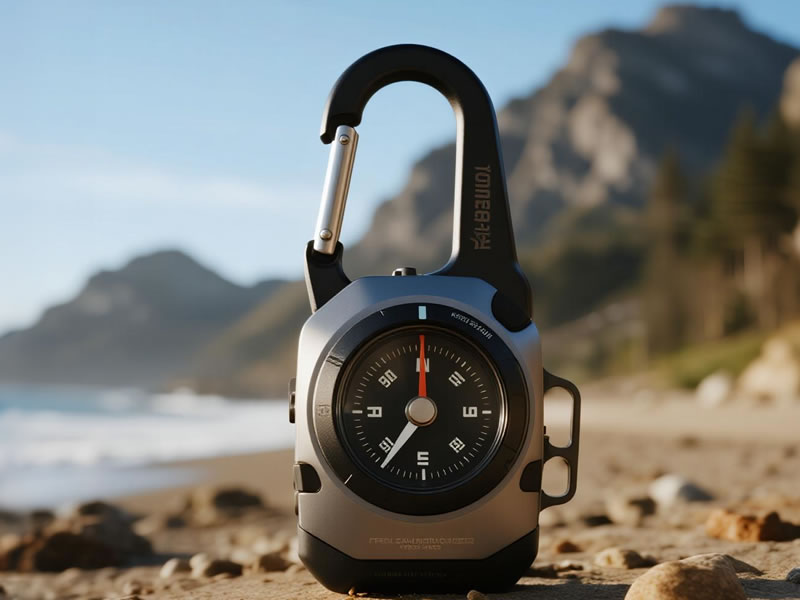
Why Traditional Navigation Tools Fall Short in Emergencies
- Phones/GPS: Battery dependency, signal loss, screen damage
- Standalone Compasses: Easily misplaced when not attached to gear
- Basic Carabiners: Lack emergency functionality
The Hybrid Advantage: More Than the Sum of Its Parts
1. Always-Available Navigation
- Instant Access: Clipped to pack straps, belt loops, or harnesses - always in sight
- Fail-Safe Redundancy: Works without batteries, signals, or software
- Rapid Orientation: Quick bearing checks while moving
2. Engineering Considerations
- Magnetic Shielding: Quality models use non-magnetic aluminum bodies
- Liquid Dampening: Shock-absorbing fluid stabilizes needle
- Luminescent Markings: Glow-in-dark features for night use
- Declination Adjustment: Premium versions include calibration screws
3. Survival Integration
- Clip to:→ Emergency whistles→ Firestarter rods→ Signal mirrors→ Personal locator beacons (PLBs)Creating a modular survival cluster
Critical Limitations to Understand
| Feature | Reality Check | Mitigation Strategy |
|---|---|---|
| Accuracy | ±5-10° variance common | Use for general direction only |
| Interference | Electronics/metal distort | Keep 6"+ from phones/keys |
| Durability | Impacts affect calibration | Annual verification required |
| Precision | No azimuth measurements | Pair with topographic map |
Field-Proven Use Cases
- Hikers: Verify trail direction at confusing junctions
- Urban Explorers: Navigate subway tunnels during outages
- Kayakers: Maintain shoreline orientation in fog
- Children's Backpacks: Teach navigation fundamentals
- Emergency Kits: Critical backup in disaster scenarios
Choosing Your Ultimate Hybrid Tool
Prioritize:
- Certified Accuracy: ISO 6422 or DIN 83386 standards
- Global Needle: Works in both hemispheres (balanced needle)
- Sealed Housing: Prevents fogging/water infiltration
- Size Sweet Spot: 2-3" (5-7.5cm) for functionality without bulk
- Material: Anodized aluminum body with stainless steel needle
Avoid:
- Plastic sighting compasses (distortion risk)
- Unshielded designs (magnetic interference)
- "Decorative" compasses without damping fluid
Pro Maintenance Protocol
- Monthly: Verify against known bearings
- Post-Impact: Check for bubble formation
- Storage: Keep away from strong magnets (speakers/tools)
- Cleaning: Soft brush with isopropyl alcohol
Beyond Navigation: Secondary Functions
- Gear Organization: Secure keys, water bottles, climbing gear
- Improvised Zipper Pull: Weatherproof critical compartments
- Emergency Signaling: Reflective surfaces attract attention
- Tension Gauge: Assess rope/knot tightness (experienced users only)
Safety Imperatives
→ Never rely solely on carabiner compass for technical navigation
→ Always carry primary compass + paper maps in wilderness
→ Train in basic land navigation before depending on any tool
→ Replace immediately if fluid develops bubbles or needle sticks
The Verdict: When This Tool Earns Its Keep
This hybrid shines brightest in two scenarios:
- Emergency Redundancy: When primary systems fail during unplanned situations
- Situational Awareness: Maintaining general orientation during routine activities
Top manufacturers like Suunto, Brunton, and Coghlan's offer field-tested models priced from $12-$50. Military-grade options (e.g., Tru-Nord) feature tritium illumination for absolute darkness.
Conclusion: The Intelligent Backup
A quality small carabiner with compass isn't a replacement for proper navigation tools - it's your final defensive layer against disorientation. For adventurers, travelers, and preparedness-minded individuals, this 2-ounce solution delivers peace of mind through elegant simplicity. By choosing a precision-engineered model and understanding its limitations, you transform a basic clip into a potential lifesaver. Remember: The best survival gear isn't what's in your pack - it's what's on your pack when disaster strikes.

